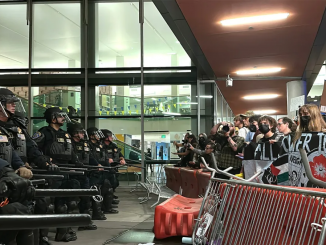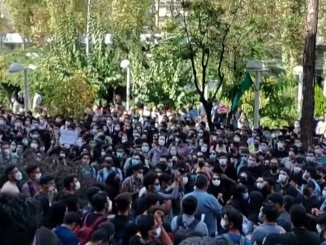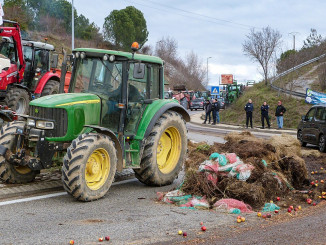
Tens of thousands of flight attendants rallied and picketed Tuesday at 30 major airports across the globe to demand that the airline industry provide higher wages and better working conditions. The demonstrations showed that many rank-and-file flight attendants were united and militant. Three unions jointly organized the “Worldwide Flight Attendant Day of Action.” These were the Association of Flight Attendants (AFA-CWA), the Association of Professional Flight Attendants (APFA) and the Transport Workers Union (TWU). The strongest section of APFA is at American Airlines, the AFA-CWA represents attendants at United as well as cabin crew at 18 other airlines, and the TWU represents attendants at SouthWest. Airlines based in the U.S. employ more than 100,000 flight attendants; most belong to a union. It’s the first time these unions have mobilized members for a joint action.
Negotiations for new contracts covering about 65,000 flight attendants are deadlocked. Some members haven’t had a raise in five years. Unions for airline and railroad workers are subject to special laws that make it easy for employers to stall contract negotiations, in some cases for years. Before these workers are allowed to strike, the U.S. government has to agree that bargaining has deadlocked and, even then, the law requires a “30-day cooling off period.” After the 30-day cooling off period, the government can still forbid a strike and impose new contract terms, which by law the workers have to accept.
During the pandemic, the airlines received $25 billion in subsidies, which they didn’t have to pay back. Now airplanes are full and making billions in profits, so flight attendants say it’s time for the airlines to grant big wage increases. Pilots have negotiated contracts with 50% increases over five years. Flight attendants say that they believe that part of the reason management doesn’t offer them similar percentage increases is that most flight attendants are women whose work has never been valued properly.
Wages aren’t the only issue. Flights are short-staffed. Short-staffing causes stressful extra work. Scheduling is a nightmare for lower seniority workers. Some airlines do not pay flight attendants for the time it takes to board passengers. The airline industry has found ways to gut pensions. All of these issues combined explain why strike votes are approved by 90% or more. Both the APFA and AFA-CWA have asked the government to declare them free to strike.
Biden likes to trumpet that he is the most pro-labor president ever, but in December 2022, he prohibited railroad workers from striking and then imposed a rotten contract on them. The same thing could happen to flight attendants. Rank-and-file flight attendants appear to be in no mood to back down, so the next few months could see a sharp confrontation involving the White House, the airline bosses, and unionized flight attendants.




